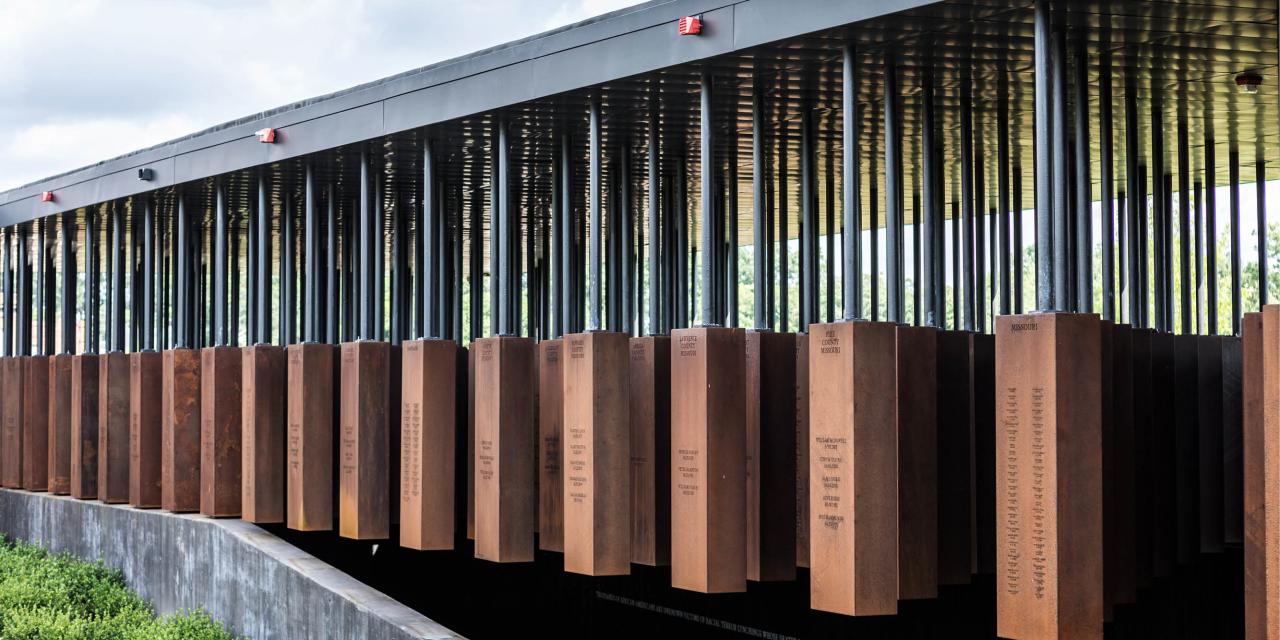Recently we faced the task of shepherding our Charlottesville congregation in Sunday worship through the trauma of the events in our small town that had taken place less than one day before we gathered for worship. Following are some reflections from that experience that I hope will be useful to others tasked with planning and leading worship in their own churches, whether close to the epicenter of trauma or just called to the ordinary task of pastoring our people in their own broken lives. (I'm grateful to the work of David Bailey and his organization Arrabon, which has greatly helped our church to take first steps in this area.)
Beginning with Lament
Last year, our church spent some time studying the concept of biblical lament. This included both a sermon series on the book of Lamentations and also making a worship recording of songs of lamentation. However, this year, God has been showing me through a variety of experiences that understanding the concept of lament is very different than embodying the posture of lament. In fact, less than a year ago I listened to a panel of scholars each discussing a different facet of biblical lament. All of these speakers were impressive and well-known theologians, and spoke powerfully and persuasively; however, there was one speaker who, when recounting her experience of working with war refugees in the South Side of Chicago, began to cry when speaking about the experience of these dear people in her congregation. As the academic panel came to a close, the moderator asked the audience for comments, and man stood up and made the following statement: "Each of you today has taught me something new about lament in worship, but one of you actually showed me what it is to lament the sorrows of this world." God has been showing me this year the importance of learning the posture of lament.
Each of us, in our congregation, has people with this particular spiritual gift. That
"Blessed are those who mourn, for they shall be comforted."
Beginning with Vulnerability
On Saturday night, following the deaths of three people, and injuries of
It was this conversation that ultimately brought us to a collective decision to invite our congregation into small groups in worship to pray with one another express their own weakness and vulnerability before their brothers and sisters. This was not a regular practice for our congregation, but we recognized that simply instructing our people in the need for humility could never be a replacement for the very embodied act of moving toward one another in gentleness. This decision meant that our prayer time lasted longer, and it meant that our sermon had to be shorter, but it ultimately meant that there was time in the service for people to bring the brokenness of their hearts fully into the worship service and have their hearts cared for with tenderness that is the very mark of Christian love in the midst of the clamor and foolishness of our newsfeeds. It was Jesus who taught us:
"Blessed are the gentle, for they shall inherit the earth."
Beginning with the Word of God
Our church is one that prints an order of worship each Sunday morning. This meant that our worship service had to be prepared and printed early last week, before Saturday's violence. While none of us knew how things would unfold, we were aware that the White Nationalist Rally would be taking place, and so we chose Scripture readings that spoke
In the same way, our pastor chose to change his sermon altogether in light of the events. This change in sermon text did not reflect a disregard for the efficacy of the Scriptures but rather a zeal for the words of Scripture to speak to the sorrows of our moment. As the
"Blessed are those who hunger and thirst for righteousness, for they shall be satisfied."
Moving Forward
Each of the three points above starts with the word "beginning." In God's holy will, He has not imbued me (or any of us) with certainty for the many steps ahead of us in this struggle. In fact, it seems that over and over again, God asks us to walk by faith one step at a time, trusting Him in obedience. So, I cannot speak clearly to second steps, and
However, I conclude with a single admonition. It is enough to ask of our churches that we be willing to begin, by following Jesus' call to do these simple things in worship: lament, vulnerability, and proclamation of the Word of God, which leads to repentance. If our churches around the country are not willing to take these steps this week, if we are not willing to begin this journey, this struggle, then our church is truly a part of the problem rather than the answer. For it is only a few verses after His admonition to mourning, gentleness, and righteousness, that our Lord Jesus said to us:
"Many will say to me on that day, ‘Lord, Lord, did we not prophesy in your name and in your name drive out demons and in your name perform many miracles?’ Then I will tell them plainly, ‘I never knew you. Away from me, you evildoers!’ Therefore, everyone who hears these words of mine and puts them into practice is like a wise man who built his house on the rock. The rain came down, the streams rose, and the winds blew and beat against that
Worship leaders, let us be doers of the Word and not hearers only. Amen.
Peace,
Isaac Wardell
Co-founder, Bifrost Arts
Founder, The Porter's Gate Worship Project
(Thanks very much to David Bailey, Irwyn Ince, and Christina Edmondson for their influence and their help in putting together these thoughts)

